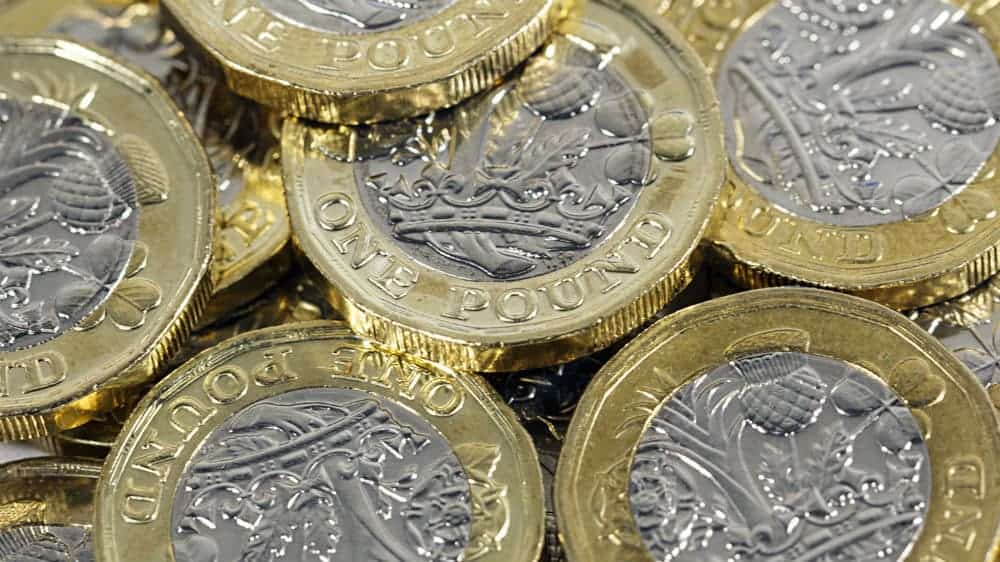The reduced rate of VAT for hospitality and leisure ended in September 2021. It’s now more than doubled from 5% to 12.5%. Here’s why, and what it could mean for the rest of us.
[top_pitch]
Why has VAT more than doubled?
The VAT reduction was put in place to support businesses through the financial strain of the coronavirus pandemic. It was always going to be temporary, and this increase has been planned for some time.
It’s also the first of two rises. The second hit is scheduled for April 2022 and it will take VAT for hospitality and leisure back up to the standard rate of 20%.
How will the VAT increases affect you?
VAT (Value-Added Tax) is an indirect tax. That just means it’s added onto goods and services with the retailer acting as a tax collector on behalf of the government.
So, unlike direct taxes like Income Tax, it won’t have an immediate impact on things like your earnings. However, it is likely to impact your household spending as some businesses increase their prices as a result.
The lower rate of 5% was introduced on 8 July 2020 with the aim of supporting the hardest hit sectors through lockdown. It applied to:
- Restaurants
- Hot takeaway food outlets
- Holiday accommodation
- Visitor attractions (for example amusement parks, cinemas and zoos)
However, as businesses fought to survive over the summer, a number chose not to lower prices despite the VAT cut. For the rest of us, that probably just meant prices for our favourite takeaways and meals out stayed the same.
But even though VAT is ‘going back to normal’, it’s doing so alongside other rising costs including food and energy. As a result, it could mean the cost of takeaway treats, eating out and day trips begin to get pricier, particularly if supplies and staff are also in short supply.
[middle_pitch]
Why do we pay VAT?
VAT is a massive earner for the government as it’s charged on a huge range of products and services. In fact, it’s the third biggest source of income after Income Tax and National Insurance.
Some products are exempt from the tax – for example, children’s clothing, books and newspapers. Other products, such as domestic energy, are charged a reduced rate of 5%.
Figures from the Office for Budget Responsibility (OBR) put the figure raised from VAT at £134 billion (for the year 2019-2020). This works out at about £4,700 per household.
This year (2020-2021) the OBR estimate income from VAT will fall to £116 billion. But by 2023, it’s predicted that the value of VAT will continue on its (usual) upward trajectory and exceed £142 billion.
How to combat rising prices
Rising costs seem set to be our soundtrack for autumn and winter. For lots of us, that means tightening our belts, budgeting and trying to make our money go further.
For practical ways to tackle everyday cost increases, take a look at what families can do right now as well as these tips to boost your emergency fund.







